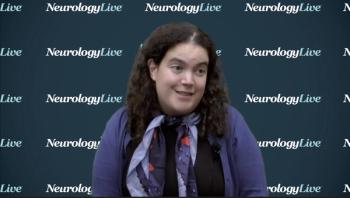
Mia Minen, MD, MPH, sat down for an interview to discuss why behavioral therapies could be an effective and easily accessible treatment for posttraumatic headaches following events like concussions.

Mia Minen, MD, MPH, sat down for an interview to discuss why behavioral therapies could be an effective and easily accessible treatment for posttraumatic headaches following events like concussions.
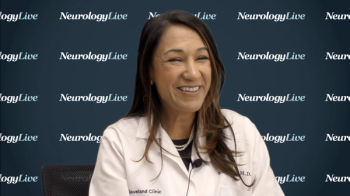
The director of the Sleep Disorders Research Program at Cleveland Clinic Lerner College of Medicine offered her perspective on the adherence challenges in treating obstructive sleep apnea with continuous positive airway pressure.

At the 2019 American Academy of Neurology Conference, Mia Minen, MD, MPH took the time to sit down and discuss the behavioral therapies associated with treating migraine.
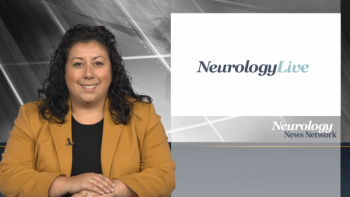
Neurology News Network for the week ending October 19, 2019.

At the 2019 American Academy of Neurology Annual Meeting, Mia Minen, MD, MPH, discussed the opportunities that the increasing number of mobile health users presents for migraine treatment.
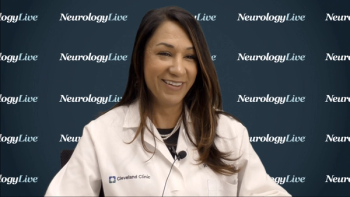
The director of the Sleep Disorders Research Program at Cleveland Clinic Lerner College of Medicine provided her perspective on the differences in OSA prevalence for men and women.
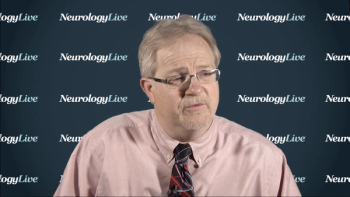
The director of the Center for Spinal Cord Injury Research and co-director of the Spinal Cord Injury Model System Center at Kessler Foundation shared insight into the work the center is doing to address the secondary complications and challenges faced by individuals with spinal cord injury.
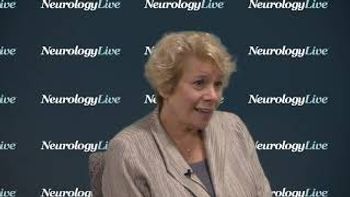
Sperling sat down with NeurologyLive at AAIC 2019 to discuss her thoughts on efforts to detect and treat Alzheimer early on in the disease.

The director of the Sleep Disorders Research Program at Cleveland Clinic Lerner College of Medicine offered perspective on the currently available interventions for OSA, including the use of upper airway neurostimulation.
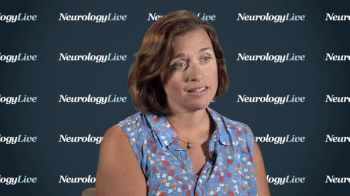
The director of Centers for Neuropsychology and Neuroscience Research, and Traumatic Brain Injury Research at Kessler Foundation discussed the use of cognitive rehabilitation techniques in healthy individuals.
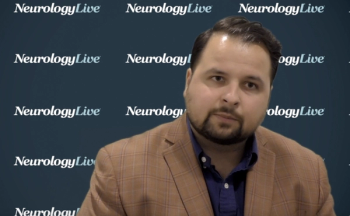
In an interview with NeurologyLive, Dennis Lal, PhD, discusses the value of genetic testing and how it can optimize the way we develop clinical trials and test new therapies.
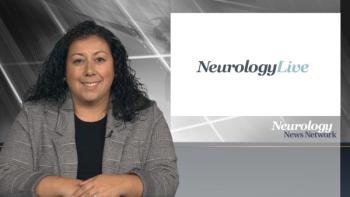
Neurology News Network for the week ending October 12, 2019.

The director of the Sleep Disorders Research Program at Cleveland Clinic Lerner College of Medicine discussed the importance of identifying and diagnosing obstructive sleep apnea as a prevention for a number of its consequential risk factors.
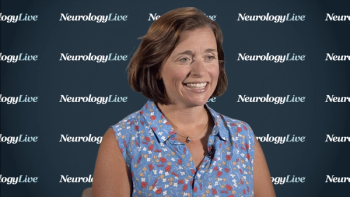
The director of Centers for Neuropsychology and Neuroscience Research, and Traumatic Brain Injury Research at Kessler Foundation shared her perspective on the varying benefits different patient groups derive through strategy training for cognitive rehabilitation.

The director of the Sleep Disorders Research Program at Cleveland Clinic Lerner College of Medicine discussed the importance of identifying and diagnosing obstructive sleep apnea as a prevention for a number of its consequential risk factors.

The director of Centers for Neuropsychology and Neuroscience Research, and Traumatic Brain Injury Research at Kessler Foundation discussed the use of strategy training in the cognitive rehabilitation of patients with MS and TBI.

The director of the Sleep Disorders Research Program at Cleveland Clinic Lerner College of Medicine spoke about the challenge of OSA being underdiagnosed, and what her institution is doing to combat it.
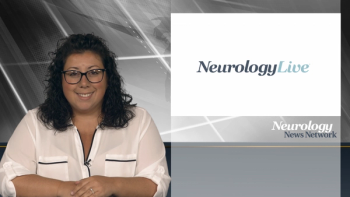
Neurology News Network for the week ending October 5, 2019.
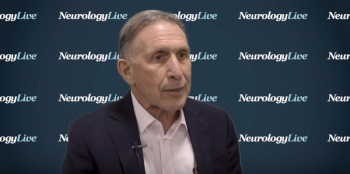
Bernard Baumel, MD, and colleagues at the University of Miami have recently launched a clinical trial to examine the safety and efficacy of multiple doses of human mesenchymal stem cells in patients with Alzheimer disease.
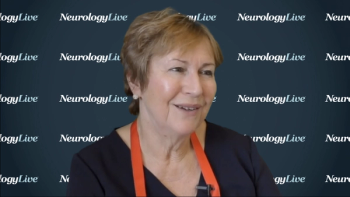
The neurologist at the National MS Center and University Hospital, in Brussels, discussed the clinician mindset when treating women with MS who plan to get pregnant, and how patients using assistive reproductive treatments should be approached.
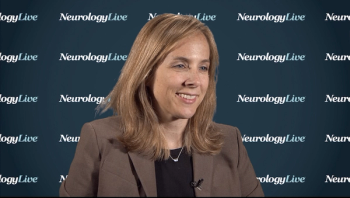
The senior research scientist in the Center for Mobility and Rehabilitation Engineering Research at Kessler Foundation spoke to the research being done into the functional implementation of exoskeletons in neurorehabilitation.
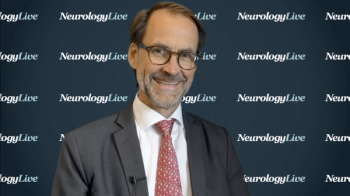
The professor and senior physician in the department of clinical neuroscience at the Karolinska Institutet spoke to the use of stem cell transplantation as a potential method of treating multiple sclerosis.
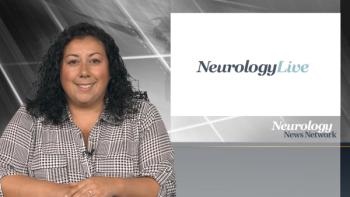
Neurology News Network for the week ending September 28, 2019.

The senior research scientist in the Center for Mobility and Rehabilitation Engineering Research at Kessler Foundation shared insight into the work she and her colleagues are doing to try to revolutionize the way exoskeletons can improve neurorehabilitation and gait challenges.
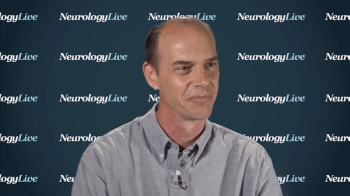
The director of the Rocco Ortenzio Neuroimaging Center at Kessler Foundation spoke about the future of functional MRI in providing real-time neurofeedback, and how it might be incorporated as an end point in clinical trials.

The senior research scientist in the Center for Mobility and Rehabilitation Engineering Research at Kessler Foundation spoke about using the exoskeleton and dermal skeleton devices in functional recovery for patients who have lost the ability to walk.
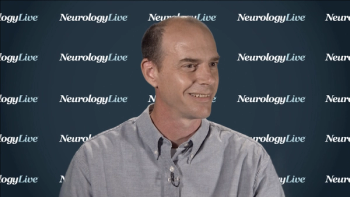
The director of the Rocco Ortenzio Neuroimaging Center at Kessler Foundation shared insight on the abilities functional MRI have provided researchers and how it has made an impact on the testing of interventions for a number of neurologic conditions.
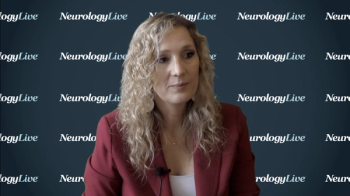
The professor of medicine, neurology, at the University of Toronto shared insight into the importance of communication and a good network of physicians to an adult neurologist caring for patients with epilepsy.
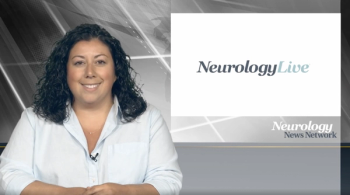
Neurology News Network for the week ending September 21, 2019.
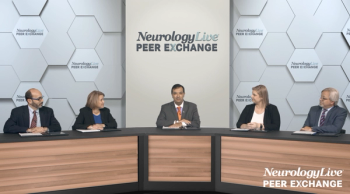
In recognition of World Alzheimer Day, experts in Alzheimer disease and dementia share insight from the latest Alzheimer Disease International's yearly World Alzheimer Report.